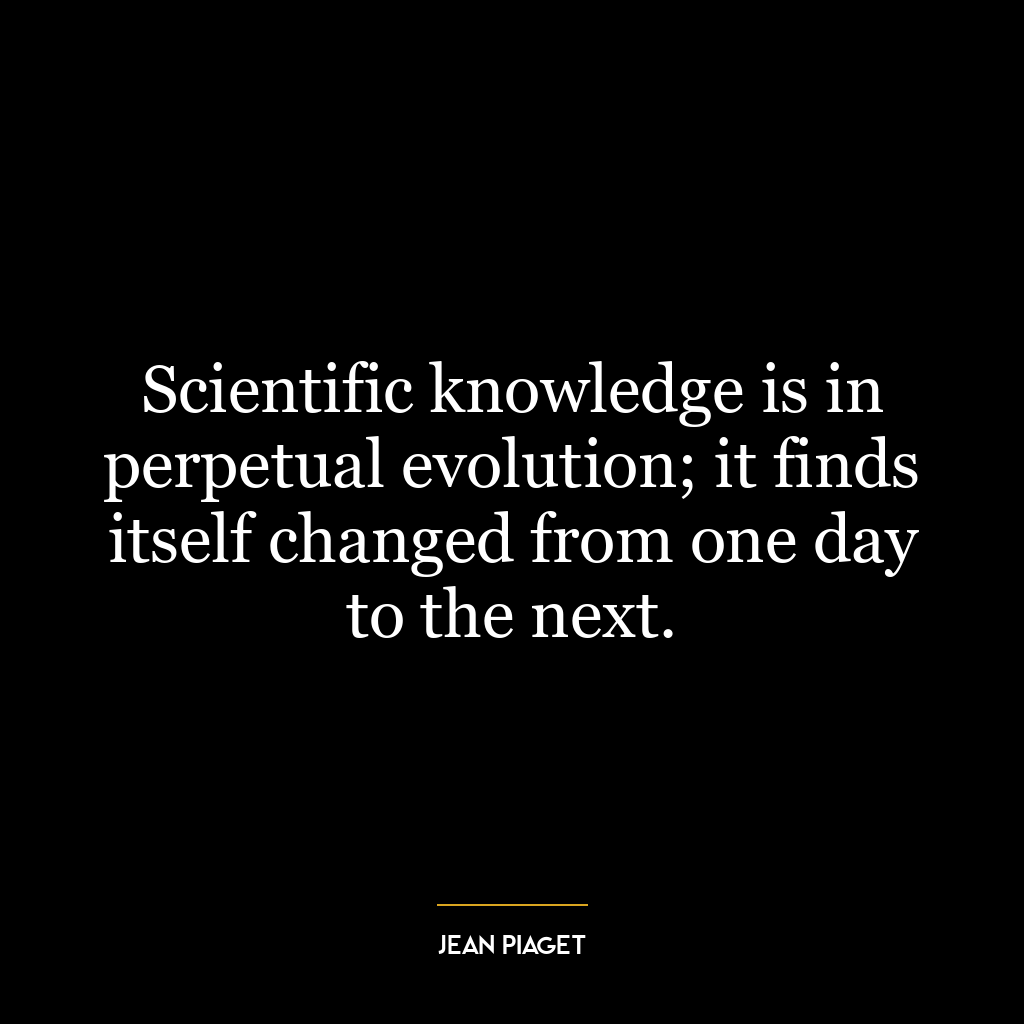This quote by Gautama Buddha suggests that consuming meat is not a natural instinct, but rather a habit that we develop after birth. It implies that humans are not inherently carnivorous or omnivorous, but become so due to societal norms and practices.
The line “we are not born to eat meat” can be interpreted as an assertion of the idea that our bodies and minds are naturally inclined towards a more compassionate and non-violent lifestyle. This could be seen as an endorsement of vegetarianism or veganism – diets which abstain from the consumption of animal products.
Applying this concept in today’s world might involve questioning our dietary habits and considering alternatives such as vegetarianism or veganism. This shift could have several benefits, including improved health, reduced environmental impact, and ethical considerations regarding animal rights.
In terms of personal development, this idea encourages introspection about one’s lifestyle choices. It prompts us to consider whether our actions align with our values and if they contribute positively to our well-being. Furthermore, it challenges us to break away from societal norms if they conflict with these values or well-being.
It also invites us to view habits not as inherent traits but as learned behaviors which can be unlearned or replaced with healthier alternatives. This perspective empowers individuals by suggesting they have control over their habits rather than being controlled by them.











